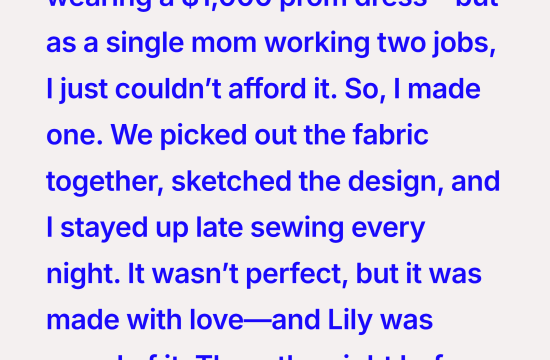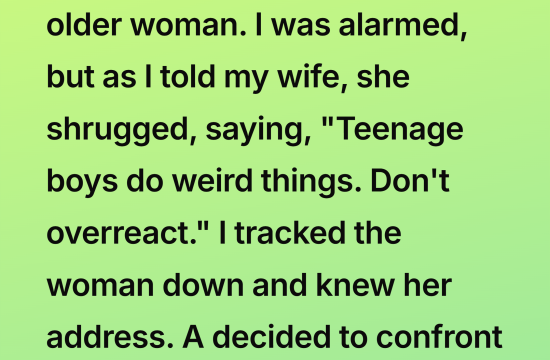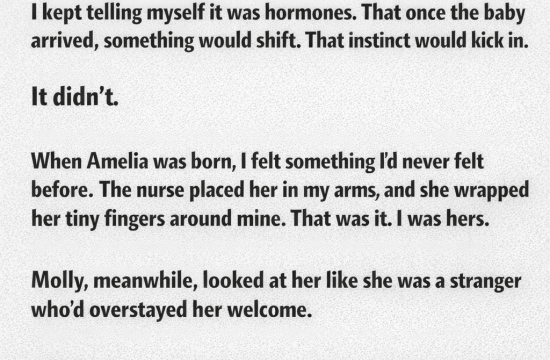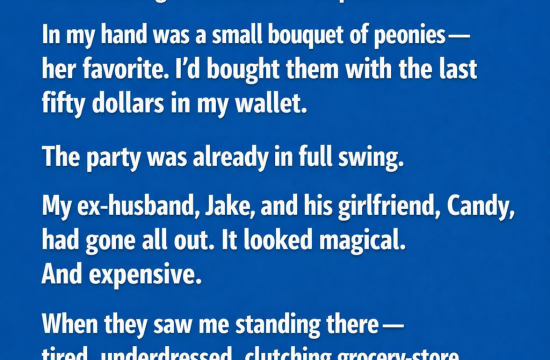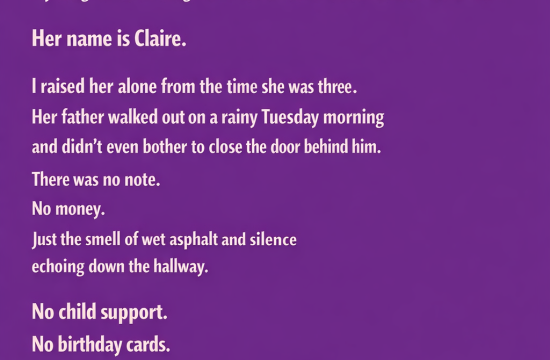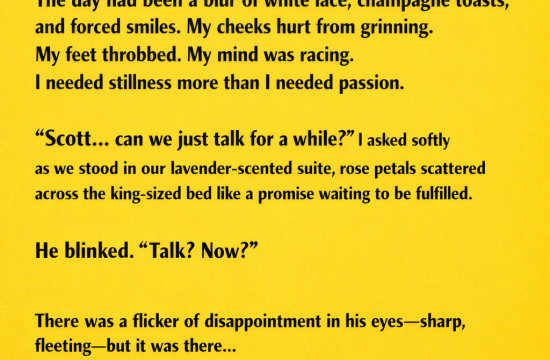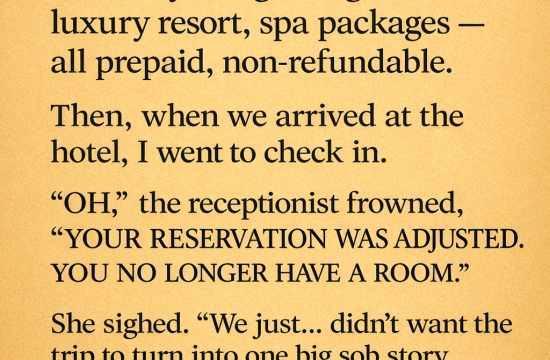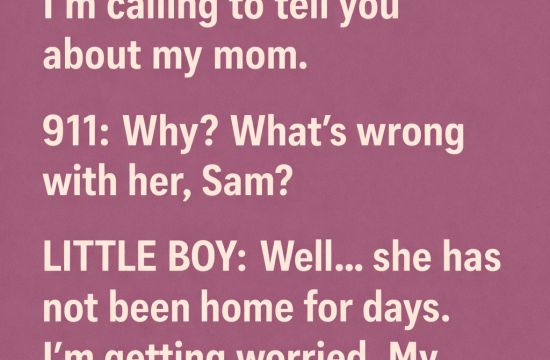I used to fix my boss’s reports after hours without a word.
Then he mocked me in front of the team and banned overtime.
So that night, when the final draft was still full of errors, I packed my bag and shut my laptop.
A week later, he stood in the boardroom, stuttering in front of the executives as they stared at the mess on the big screen.
From my seat in the back, I watched it unfold.
The numbers didn’t add up. The charts were broken. The projections contradicted last month’s financials. Hollis—my boss—was visibly sweating as he scrambled to explain, blaming software glitches.
But everyone in that room could smell the truth.
For months, I had been quietly staying late, cleaning up his messes. His careless reports, inconsistent data, and sloppy writing had nearly tanked our credibility more than once. I fixed it all, thinking if I showed I was a team player, he’d notice. Maybe even promote me someday.
Instead, he exploited my silence. He left early, confident I’d pick up the pieces. And then—on a Friday I’ll never forget—he publicly humiliated me.
He called me out for “taking too long on simple tasks” and banned overtime altogether, just so he wouldn’t have to approve extra pay.
I sat there, stunned. My coworkers gave me looks of pity—or worse, smirks. I had never felt so small.
That night, I opened his file—another half-finished, error-ridden mess—and stared at the blinking cursor. My hands froze.
And I realized: I couldn’t do it anymore.
Not for someone who used me and threw me under the bus.
So I shut my laptop. Left the office on time. Went home, poured myself a glass of cheap wine, and wondered if I’d just ruined my career.
All weekend, I barely slept. I imagined coming in Monday to a pink slip. But Monday came… and nothing. Tuesday? Still nothing.
By Wednesday, the whispers started.
A big executive presentation was scheduled for Friday. Hollis was pacing the halls like a man on the edge.
Friday came. The boardroom filled. The CEO and CFO took their seats. Hollis began.
And by the third slide, it was clear: he was unraveling.
Graphs were wrong. Figures didn’t match. Questions started flying. Hollis’s voice cracked. He looked at me—eyes wide, desperate—but I just looked back.
The CFO finally stopped the meeting. “Did you even check your own work?” he asked.
The silence was suffocating.
Hollis stammered. No one believed him. The CFO turned to the CEO and said simply, “We need to talk.”
After the meeting, they asked me to stay behind. My heart pounded as they closed the door.
The CEO looked me straight in the eye. “Have you been fixing his reports all this time?”
I nodded. Then told the truth: I had stayed late, unpaid, to protect the department. But after what happened, I stopped.
The CEO sat quietly for a moment, then said, “Thank you for your honesty.”
I walked back to my desk with shaking hands.
By Monday, Hollis was gone. Officially, he had “moved on to new opportunities.”
Unofficially, everyone knew the truth.
Then, something I never expected happened.
HR called me in. The executive team had reviewed my work and wanted to offer me the interim department head role.
Me? The invisible one at the back of the room?
The first few days were terrifying. Some coworkers congratulated me. Others avoided eye contact. I could feel their doubts.
But I couldn’t afford to lead like Hollis did.
So I didn’t.
I invited the team into the process. Asked what wasn’t working. Listened.
They opened up. Hollis, it turned out, had ignored everyone. Taken credit. Killed ideas with sarcasm.
So I did the opposite.
I shared credit. Invited collaboration. Let people lead small projects.
The energy shifted.
Clara, one of our analysts, quietly told me she had almost quit. “Hollis never listened,” she said. “But you do.”
I asked her to present her data model to the team. She lit up.
Jarell, our designer, told me he’d been afraid to speak up. I encouraged him to revamp our presentations. The execs loved his fresh visuals.
Week by week, things changed. Morale. Productivity. Confidence.
Three months in, I got another call to the CEO’s office.
This time, they dropped the “interim.” I signed the papers with hands still trembling.
I was the new department head.
Not because I played politics. Not because I stepped on others.
But because I quietly did the work—and finally stood up when it mattered most.
Then came an unexpected twist.
At a networking event, a woman named Tilda from HR at another company approached me. She’d heard about our turnaround.
She asked if I’d ever consider consulting—for other teams dealing with toxic leadership.
That conversation changed everything.
Weeks later, I began part-time consulting. Helping people reclaim their teams. Their dignity. Their power.
And it all started the night I shut my laptop and walked away from someone who didn’t value me.
It wasn’t a grand act of rebellion. It was a quiet refusal to be invisible.
Sometimes, letting someone fail is the first step toward rising yourself.
Hollis built a tower on shortcuts. Eventually, it collapsed.
I built mine brick by brick—on patience, integrity, and respect. It took longer. But it still stands.
And now?
We celebrate wins—big and small. We know each other’s strengths. People look forward to Monday mornings.
That’s leadership.
So if you’re out there, cleaning up someone else’s mess, hoping one day they’ll see your worth—maybe it’s time to stop waiting.
Maybe it’s time to start believing you deserve better.
Because you do.


